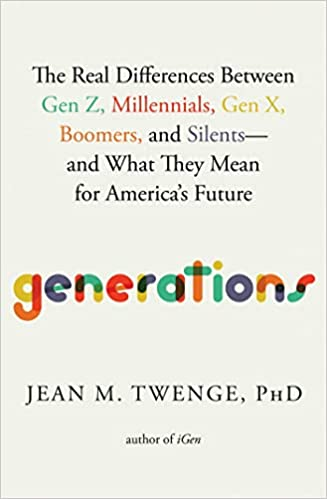A week ago, I was invited to have a friendly banter with young podcasters. The colourful parts of the discussion did not go into the podcast, because I don't want to get censored, but came when I got everyone coffee later. As there is no need for self-censorship anymore, everyone's guard was down.
One of the coordinators was a young man who just got out of a relationship, he's at this stage where he does not really give a damn anymore and wants to focus on his work. Being an older guy, I began to congratulate him - I told him that in making the decision to move on in a relationship and focus on himself, he has put himself in a position of great power - he can now sublimate his sexual energies on.. well... whatever he gives a damn about.
Maybe it's my accidental choice of words, but folks found this hilarious, so perhaps I want to talk about the idea of sublimation. Sublimation is basically directing your energy into doing something creative. It is a solution to resolve the existential crisis we face. I did an article on this before.
You can follow this link to learn more about mid-life crisis and sublimation.
Recently, there's been very deep discussions on the use of first principles, but there is insufficient discussion on what these first principles are. For dividend investors, compounding is often the first principle quoted. For the ETF asset allocation folks, the first principle is diversification as a free lunch.
Podcasters who worked with me for a while have noticed that I have this habit of always relating money and finance to mate acquisition from the male perspective. So I think the first principles to me are not finance related. In fact, my first principle is this:
Money is Sexual Energy
When a guy is looking for a mate, he has a certain amount of energy at his disposal and can invest it to make himself more attractive to women. If a woman, in most online dating surveys, unanimously reveals their preferences for educational qualifications and income, then this sexual energy will be invested in the accumulation of economic resources. This is not right or wrong, this has evolutionary origins.
Civilisation will not exist if women are not choosy.
I find two very useful applications of this theory :
The first phenomenon is when crypto was at its peak, bros were bragging about their crypto trades during Tinder dates. Even when the risk that they can be engaging in a Ponzi scheme is high, crypto was a good way to signal economic resourcefulness, often this is the only way to show it if the crypto bro did not have a local degree. If you understand that crypto schemes reinforce the mate-worthiness of a segment of the male population, then you will conclude that crypto will never be destroyed and folks will come up with more insane schemes in the near future. Only coordinated worldwide regulation can kill crypto.
The second phenomenon is the large number of single financial influencers who attained FIRE. When I first appeared in the Sunday Times, I attracted a lot of hateful posts on EDMW and many critics said that I was able to FIRE because I was a single guy. I think that's not a sufficiently nuanced criticism because many single guys never attain FIRE ( Instead, many Gen X single guys go Fire disco ).
It takes the ability to make a decision to channel the sexual energy somewhere else ( in my case, dividends ) to meet the FIRE objective.
Once you understand that money is sexual energy as a guy, then there are some self-help ideas for you.
a) Giving up on relationships is a power move
As a guy, you need to realise that your bargaining power increases with time. In your 20s, you might be just a small engineer in a server room. This same engineer can become a landlord in his 40s.
We guys are like Pokemon, we evolve into a higher form! Of course, we have different evolutionary paths.
Where your bargaining power is weak, you have the option of just giving up - becoming a Sigma male. A dude who does not give a damn and just wants to focus on your work and hobbies.
This frees up a lot of sexual energy for you to pick up investing, climb the corporate ladder, start a side hustle, and of course, attend investment courses.
Do this when the women are the most emotionally demanding.
b) Financial independence is the first step to returning to the dating game
Now, if you are pursuing a dividends strategy, you can start to replace your bachelor expenses at a withdrawal rate of about 6.5%. That's way more unsafe than what a retiree can accept. But you are not a retiree, you are a single dude happily living on your dividends.
At this stage, the FIRE movement can become a crutch. Because dividends are so seductive, you will keep trying to reduce your SWR and ignore the dating pool of eligible women. When you don't need your salary, you would be able to project your confidence as a mature and worldly man,
So take the plunge and start dating casually. Further advances in the financial front can come later. Most of the younger guys and the unsavvy ones your age cannot match up to your sexual power!
c) Continue the accumulation of investment income as your family grows
It is not realistic to try to get investment income equivalent to median family expenses when you are single, but with the right spouse, you can do it together as a couple. This stage of wealth accumulation is very important because being married unlocks the BTO option that can supercharge your wealth at a later stage of your life.
I found that journey to allow another person to FI in the family much easier than getting FI as an individual.
With that, I have thrown my hat into the ring to introduce a new first principle in finance.
I look forward to defending this idea publicly and rigorously.







